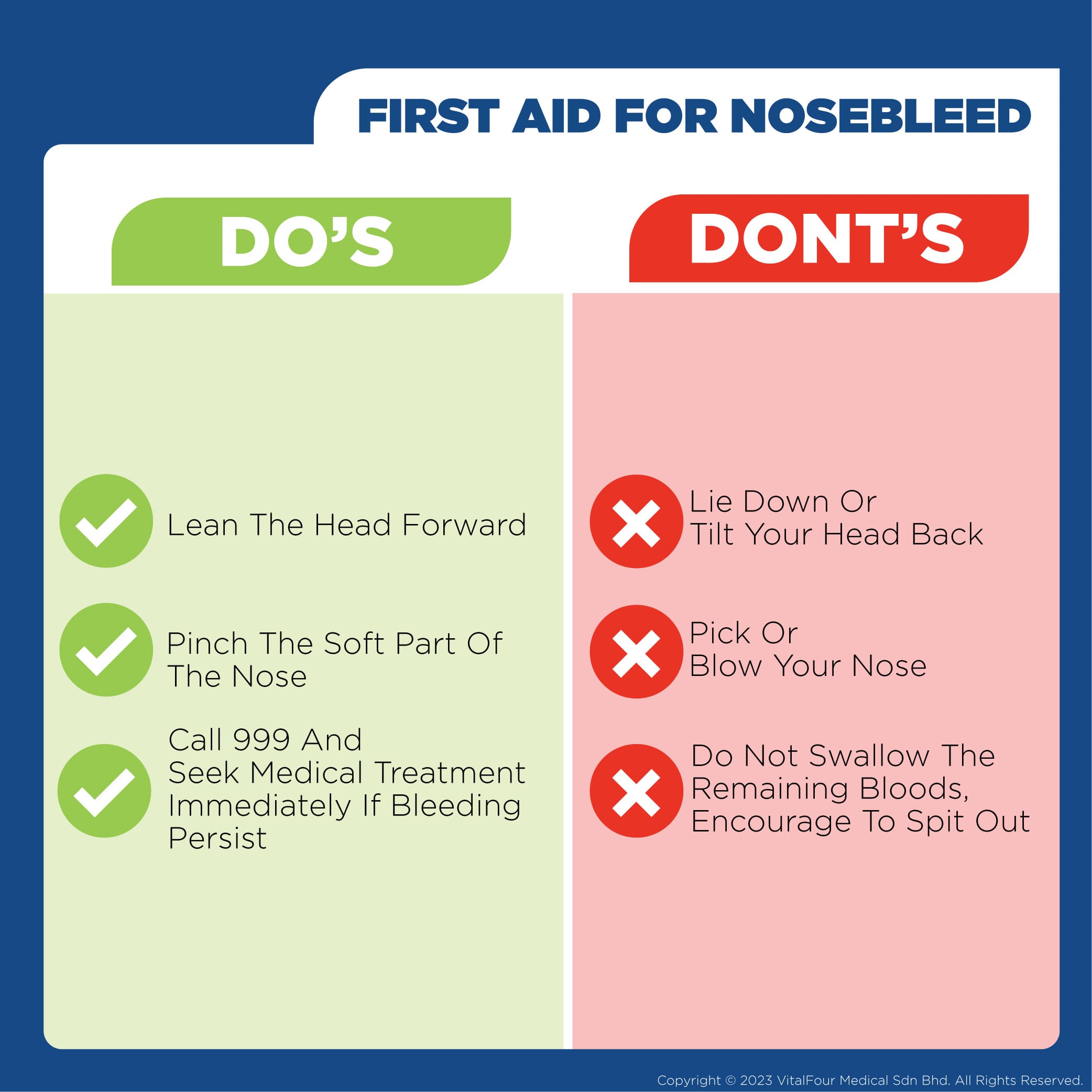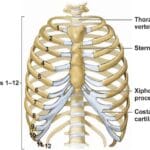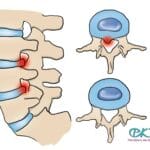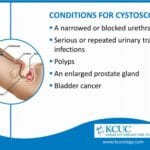Need to know about ICD-10 codes for nosebleeds? This comprehensive guide covers everything you need to know about R04.0 for the 2024-2025 period, from billing to common causes and when to seek medical attention.
Decoding R04.0: The ICD-10 Code for Nosebleeds
In medical terminology, a nosebleed is referred to as epistaxis, and it’s represented by the ICD-10 code R04.0. This code is essential for healthcare professionals, serving purposes related to billing and insurance. It’s valid from October 1, 2024, through September 30, 2025. This standardized code facilitates clear communication between healthcare providers and insurance companies, ensuring accurate record-keeping and efficient processing of claims.
Understanding the underlying cause of a nosebleed is crucial for effective treatment. While R04.0 is the primary code used, additional codes may be necessary if the nosebleed stems from an underlying condition like high blood pressure or a bleeding disorder. Proper documentation of the nosebleed’s characteristics—frequency, severity, and associated symptoms—is crucial for applying the correct ICD-10 code and optimizing reimbursement.
Common Causes of Nosebleeds
Several factors can contribute to nosebleeds. Dry nasal passages, a common culprit, especially during winter months, can cause the delicate skin inside the nose to crack and bleed. Nose picking, particularly common in children, can irritate and damage the nasal blood vessels. Upper respiratory infections, such as colds or the flu, can also lead to nosebleeds due to inflammation and congestion. Less common causes include allergies, high blood pressure, and certain medications. Understanding these potential causes empowers individuals to take preventive measures and seek appropriate care when needed. For more context on the delicate nasal lining, you can explore the mucogingival junction, also known as the dentogingival junction.
When to Seek Medical Attention for a Nosebleed
While most nosebleeds are minor and resolve spontaneously, some situations warrant medical attention. If bleeding persists for more than 10-15 minutes despite applying pressure, it’s advisable to consult a healthcare professional. Significant blood loss, weakness, dizziness, or a feeling of faintness also necessitate prompt medical evaluation, as these could indicate a more serious underlying issue.
Types of Nosebleeds: Anterior vs. Posterior
Nosebleeds are categorized as anterior (occurring in the front of the nose) or posterior (occurring further back in the nasal cavity). Anterior nosebleeds are more common and generally easier to manage. Posterior nosebleeds, however, can be more challenging to control and often require a doctor’s intervention. Understanding this distinction helps individuals assess the severity of their nosebleed and determine the appropriate course of action.
Preventing Nosebleeds
Taking proactive steps can help prevent nosebleeds, especially for those prone to them. Maintaining moist nasal passages is key. Using a saline nasal spray or running a humidifier, particularly in dry environments, can significantly reduce the risk of nosebleeds. Avoiding nose picking is another crucial preventive measure.
ICD-9 Code for Nosebleeds
Prior to the implementation of ICD-10, the ICD-9 code for nosebleed (epistaxis) was 784.7. While largely phased out, understanding this code can be helpful when reviewing older medical records.
ICD-10 Code for Bleeding Unspecified: R58
In cases where the source of bleeding is unknown or unspecified, the ICD-10 code R58 is used. This code serves as a placeholder until a definitive diagnosis is established. It’s important to note that “unspecified” doesn’t imply insignificance; it simply indicates that the origin of the bleeding is undetermined at the time of documentation. Further investigation is usually required to identify the underlying cause.
Nosebleed ICD-10 and Healthcare Trends
Accurate coding of epistaxis using R04.0 contributes to valuable data collection and analysis. This data informs research on nosebleed prevalence, treatment effectiveness, and emerging patterns or risk factors. By understanding these trends, healthcare professionals can improve the management and prevention of nosebleeds. For healthcare professionals, such as nurse aides, staying updated on these codes and procedures is essential. Find more about the qualifications and training required in your state by visiting the nurse aide registry nc.
The Importance of Professional Medical Advice
While this guide offers valuable information about nosebleeds and their corresponding ICD-10 codes, it should not replace professional medical advice. Consulting a healthcare professional for personalized guidance based on your specific situation and the latest medical research is always recommended. They can accurately diagnose the cause of your nosebleed, recommend appropriate treatment, and address any underlying health concerns.
- Senior at What Age: Benefits & Eligibility Guide - March 29, 2025
- Unlocking Senior Benefits: How Old is a Senior? Your Complete Guide - March 29, 2025
- Master Russian Politeness:A Guide to Saying Please - March 29, 2025
















